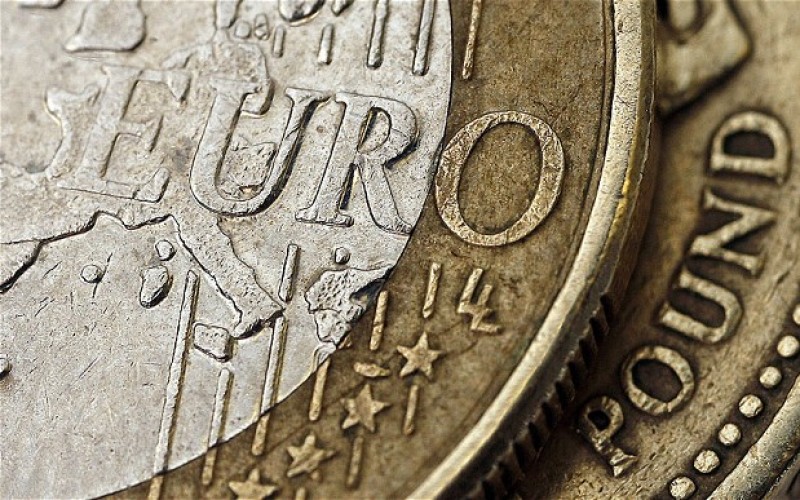According to new data from the European Central Bank, and contrary to popular belief, weaker currencies do not boost exports, as many firms cannot react in time to take advantage of currency fluctuations.

The dollar’s rally over the last year has made it less expensive for U.S consumers and businesses to buy goods from around the world, and it has presumably helped exporters in places like China, the rest of North America, and Japan. But new research from the European Central Bank pokes holes in this conventional wisdom: weakening currencies do not boost exports, in part because firms cannot increase production fast enough to take advantage of the changes in any meaningful way.
Using sector-level data, European Central Bank (ECB) economists Calin-Vlad Demian and Filippo di Mauro found that a currency’s depreciation has no significant effect in boosting exports. Interestingly, the relationship remains quite significant in the other direction: a stronger currency dampens exports.
Adding to the disappointment for countries trying to make up some ground during a slow-growth recovery, economies with a wider distribution of firm productivity have poorer results regardless of the direction of currency swings. Low productivity firms are thought to be unable to increase production fast enough to take advantage of changes in exchange rates.
Consistent with U.S Experience
The researchers’ conclusions should not come as a surprise to U.S-based exporters. Muted GDP growth in the last two quarters has been mostly a result of falling net exports.
The Dollar Index, which measures the US dollar compared to six major currencies, jumped from 82.7 at the beginning of the fourth quarter of 2014 to a peak of 100.3 just after the end of the first quarter of 2015. This jump has been coupled with a chorus of warnings over earnings from companies with international exposure.
The Dollar Index has now fallen some, although it remains much higher than most of 2014. At some point in the near future, the consistent pressure of exchange rates will translate to political pressure on Congress, the Obama Administration, and the Federal Reserve to do something. Unfortunately, their arsenal is fairly weak.
Politicians attempting to tamper with exchange rates and current account balances usually do more harm than good, unless their actions stop at rhetoric. The Federal Reserve could alter its forward guidance towards a more accommodating stance on interest rates, but would be unlikely to do so if inflation and employment continue progressing steadily towards their projected targets.
Grexit & a devalued drachma look less attractive
Since 2012, there has been a consistent murmur that Greece would be better off leaving the Euro, establishing a new and weak drachma, and prospering based on exports and tourism. While it is true that Greece has been unable to leverage monetary policy to stabilize its economy, the argument does not extend itself to a successful export-based Grexit predicated on the new ECB research (although tourism could be a boost).
A more likely post-Grexit scenario would include mediocre—but still better than current—growth, fueled by Keynesian government spending and tourism. Exports would not spontaneously increase, especially given the poor state of the Greek labor market.
The argument that a Grexit would be better than the current situation is an extremely difficult comparison to make; however, the contrarian desire to sing the praises of Grexit & devaluation are based more on emotion and revenge than the conclusions found in the above mentioned data.
Indeed, this research is a prime example of how extrapolation from conventional wisdom is dangerous in economic policy: economies are complex and do not always follow the logic of a casual observer.
sourche: http://globalriskinsights.com/2015/06/weak-currencies-do-not-boost-exports-study-finds/
Δεν υπάρχουν σχόλια:
Δημοσίευση σχολίου